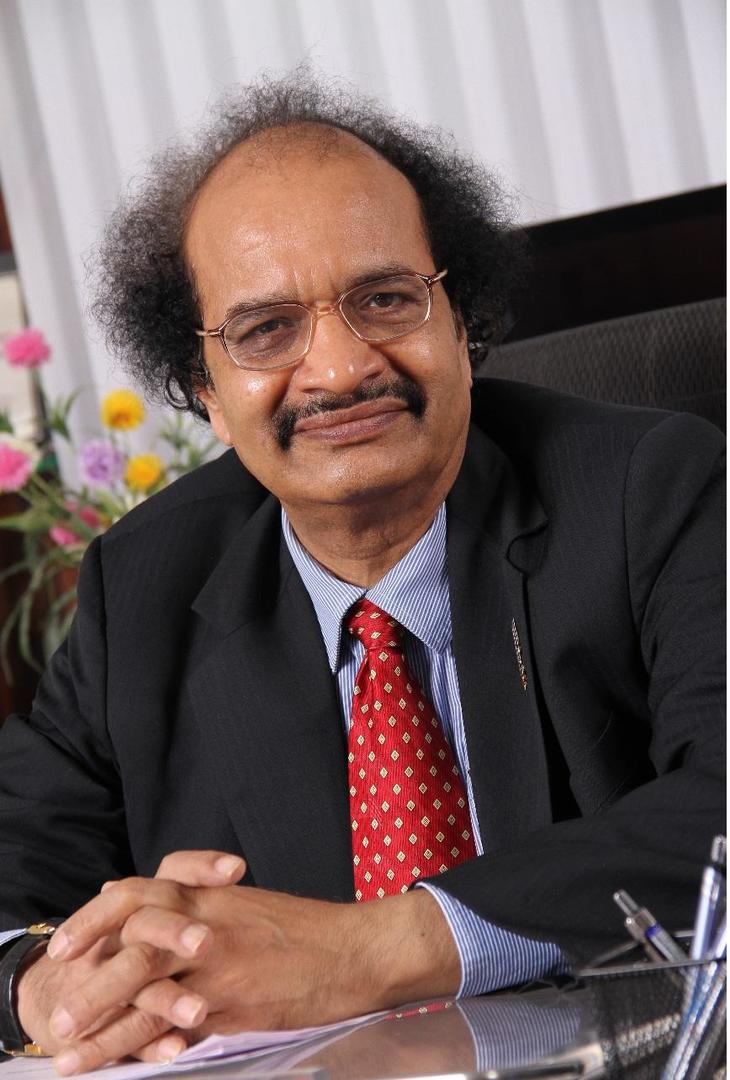Veratraldehyde is an important chemical used in perfumery, agrochemical, and pharmaceutical industries. Current processes of manufacture of veratraldehyde use homogeneous catalysts, which make them highly polluting, creating problems of disposal of effluents and product purity. In the current work, veratraldehyde was synthesized from O-alkylation of vanillin with an environmentally benign reagent, dimethyl carbonate. A series of potassium loaded La2O3–MgO were prepared by the incipient wetness impregnation method, and their performance was evaluated vis-à-vis MgO, La2O3, La2O3–MgO, and a series of 1–4 wt % K/La2O3–MgO. All catalysts were characterized by different techniques, such as N2 adsorption/desorption, XRD, TGA-DSC, FT-IR, CO2-TPD, and SEM techniques. The effect of different loadings (1–4 wt %) of potassium on La2O3–MgO was studied, among which 2 wt % K/La2O3–MgO showed the best activity and selectivity due to high dispersion of potassium and high basicity in comparison with the rest. The activity of 2 wt % K/La2O3–MgO in O-methylation of vanillin with dimethyl carbonate (DMC) was closely associated with basicity. Various parameters were studied to achieve the maximum yield of the desired product. The maximum conversion was found with catalyst loading of 0.03 g/cm3 and mole ratio of vanillin and DMC of 1:15 at 160 °C in 2 h. The reaction follows pseudo-first-order kinetics for the O-methylation of vanillin. The energy of activation was found to be 13.5 kcal/mol. Scale-up was done using the kinetic model to observe that the process could be scaled up using the process parameters. The overall process is clean and green.

Green Synthesis of Veratraldehyde Using Potassium Promoted Lanthanum–Magnesium Mixed Oxide Catalyst
Department of Chemical Engineering, Institute of Chemical Technology, Nathalal Parekh Marg, Matunga Mumbai-400 019, India
Org. Process Res. Dev., Article ASAP
DOI: 10.1021/acs.oprd.7b00127
Conclusion
Synthesis of veratraldehyde using a catalytic green process is desirable in today’s environmentally conscious world. Therefore, a new process was devised in this work using a novel catalyst using mixed metal oxides. Different loadings of potassium promoted on La2O3–MgO (1–4 wt %) catalysts were synthesized and characterized by various techniques. The activity of catalyst was studied in the reaction of vanillin with DMC for the synthesis of veratraldehyde in comparison with several other catalysts, such as MgO, La2O3, La2O3–MgO, 1 wt % K/La2O3–MgO, 2 wt % K/La2O3–MgO, 3 wt % K/La2O3–MgO, and 4 wt % K/La2O3–MgO. Potassium promoted mixed oxides showed much higher catalytic activity than the corresponding pure La2O3–MgO mixed oxide, due to an increase in moderate, strong, superbasic sites. Moreover, loading of potassium on La2O3–MgO changes the structural properties, such as pore volume and surface area, and it gives higher conversion toward the desired product. Two wt % K/La2O3–MgO is the best and gives 96% of conversion at mole ratio 1:15 of vanillin to DMC and 0.03 g/cm3 catalyst loading at 160 °C. By using this catalyst, we studied various parameters systematically to establish kinetics. The catalyst is reusable up to four cycles. The energy of activation for O-methylation of vanillin was found to be 13.5 kcal/mol. A scale up was also attempted. Experimental and theoretical values matched very well. The process is green and clean.

Department of Chemical Engineering, Institute of Chemical Technology, Nathalal Parekh Marg, Matunga Mumbai-400 019, India
Prof. GD Yadav, Vice-Chancellor, ICT, Mumbai
Department of Chemical Engineering, Institute of Chemical Technology, Nathalal Parekh Marg, Matunga Mumbai-400 019, India






















